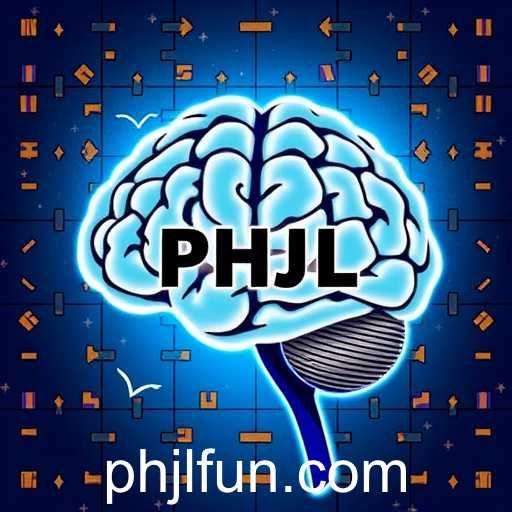Explore the fascinating world of 'Brain Puzzles', where the keyword PHJL unlocks a realm of cognitive challenges designed to boost mental acuity.
In an era where digital engagement is at an all-time high, games that stimulate the mind are taking center stage. Among these, the 'Brain Puzzles' category has become a prominent feature on gaming websites. With 'PHJL' as a keyword unlocking a plethora of cognitive challenges, these games are designed to test and enhance various mental faculties.
From memory games that encourage players to remember sequences and patterns, to logic-based puzzles that require strategic thinking and problem-solving skills, 'Brain Puzzles' offer something for everyone. These games are not only a source of entertainment but are also lauded for their potential benefits in improving brain function. Engaging in regular mental exercise through these puzzles can lead to better memory retention, quicker problem solving, and a sharper focus.
The keyword 'PHJL' serves as a gateway into this intricate world of mental workouts, offering players a multitude of games varying in difficulty and designed to appeal to a wide audience, from children to adults. As players navigate through these puzzles, they are often rewarded with feelings of accomplishment and increased confidence in their cognitive abilities.
Moreover, the social aspect of 'Brain Puzzles' cannot be overlooked. Many of these games incorporate competitive elements, allowing players to challenge friends or strangers, adding a layer of social interaction to the solitary act of solving puzzles. Online leaderboards, achievements, and time trials add another dimension, pushing players to improve their skills continuously.
In addition, educators and psychologists are beginning to harness these games' potential. Schools are incorporating puzzle games into their curricula to help students develop critical thinking skills from a young age, while therapists often incorporate these games into treatment plans to aid in rehabilitation from cognitive impairments.
As technology continues to advance, the future of the 'Brain Puzzles' category looks promising. Innovations like virtual reality and augmented reality offer exciting new possibilities for engaging users in even more immersive cognitive experiences. Keyword 'PHJL' might one day lead to a virtual realm where players can physically interact with their mental challenges, further blurring the line between reality and digital strategy.
Ultimately, the 'Brain Puzzles' category represents a growing recognition of the importance of maintaining cognitive health in our increasingly digital lives. With their ability to both entertain and educate, these games are proving to be an invaluable tool in today's fast-paced world, challenging players to unlock the full potential of their minds.




